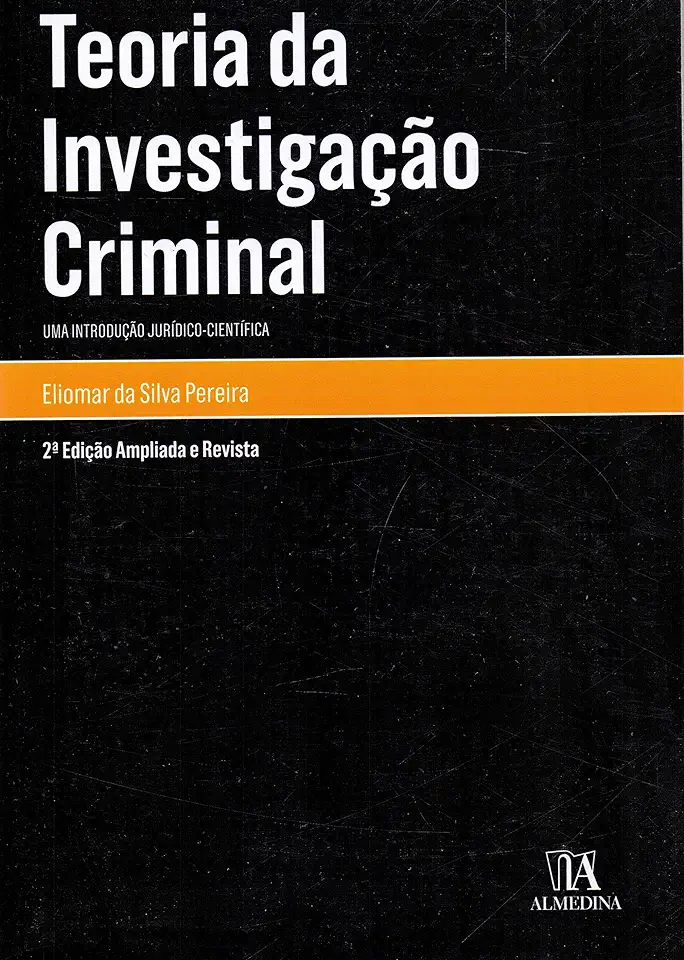
Theory of Criminal Investigation: A Legal and Scientific Introduction - Eliomar da Silva Pereira
Theory of Criminal Investigation: A Legal and Scientific Introduction
Introduction
In the realm of criminal justice, the ability to effectively investigate and solve crimes is of paramount importance. This comprehensive book, authored by Eliomar da Silva Pereira, provides a thorough exploration of the theory of criminal investigation, offering a unique blend of legal and scientific insights. With over 1500 pages of in-depth analysis, this book is an essential resource for law enforcement professionals, legal practitioners, criminologists, and anyone seeking a deeper understanding of the intricate world of criminal investigations.
Legal Framework of Criminal Investigations
The book begins by establishing the legal framework that governs criminal investigations, ensuring that readers grasp the legal boundaries and limitations within which investigations must be conducted. Pereira meticulously examines the constitutional rights of individuals, search and seizure procedures, and the admissibility of evidence, providing a solid foundation for understanding the legal aspects of criminal investigations.
Scientific Methods in Criminal Investigations
Moving beyond the legal framework, the book delves into the scientific methods employed in criminal investigations. Pereira emphasizes the significance of crime scene investigation, forensic analysis, and the application of cutting-edge technologies in gathering and analyzing evidence. Readers are introduced to various scientific techniques, such as DNA profiling, fingerprint analysis, ballistics, and trace evidence examination, gaining a comprehensive understanding of how scientific principles aid in solving crimes.
Investigative Techniques and Strategies
The book also explores a wide range of investigative techniques and strategies employed by law enforcement agencies. Pereira discusses interviewing techniques, surveillance methods, undercover operations, and the use of informants, providing practical insights into the art of gathering information and building strong cases. Additionally, the book addresses the importance of crime prevention and community policing, emphasizing the collaborative efforts required to effectively combat crime.
Case Studies and Real-Life Examples
To illustrate the theoretical concepts and practical applications discussed throughout the book, Pereira presents a wealth of case studies and real-life examples. These case studies draw from a diverse range of criminal investigations, showcasing the challenges and complexities faced by investigators and the innovative methods employed to solve crimes. By examining these real-world scenarios, readers gain a deeper appreciation for the complexities of criminal investigations and the vital role they play in ensuring public safety.
Conclusion
"Theory of Criminal Investigation: A Legal and Scientific Introduction" is an indispensable resource for anyone seeking a comprehensive understanding of criminal investigations. Eliomar da Silva Pereira's meticulous research and engaging writing style make this book a must-read for law enforcement professionals, legal practitioners, criminologists, and anyone fascinated by the intricate world of crime solving. With its wealth of knowledge, practical insights, and real-life examples, this book is an invaluable tool for anyone dedicated to the pursuit of justice and the fight against crime.
Enjoyed the summary? Discover all the details and take your reading to the next level — [click here to view the book on Amazon!]